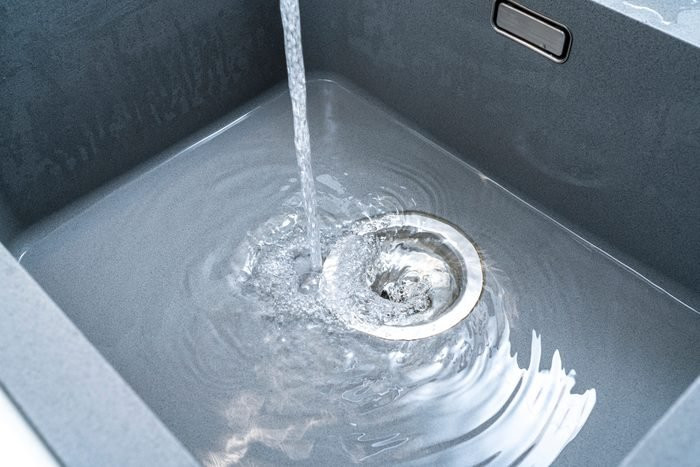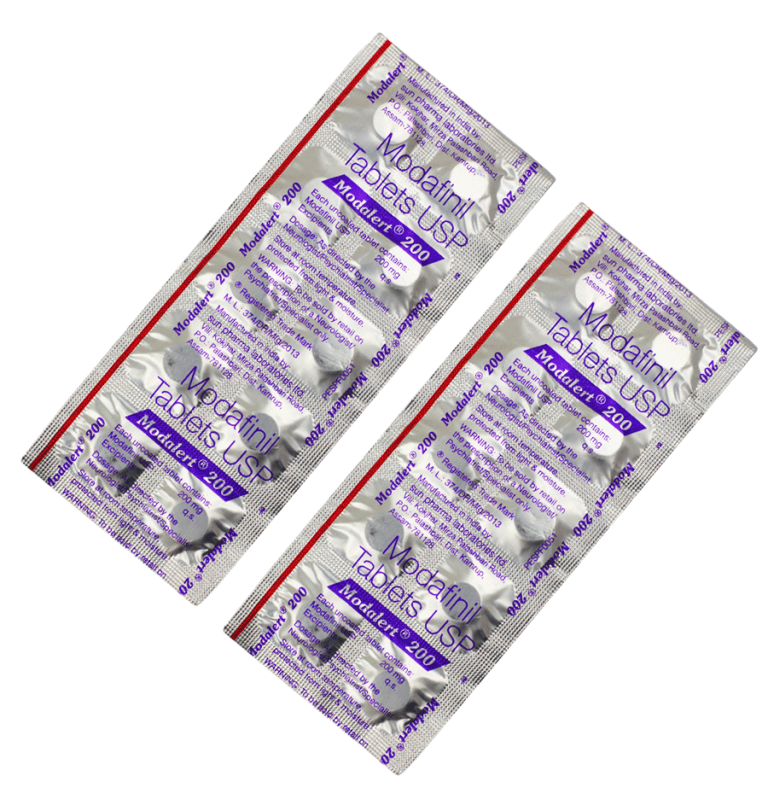
Like many homes, your kitchen sink may not be draining as quickly as it used to. There could be a number of reasons for slow draining kitchen sink including age, clogged drains, and even improper installation. Contact a professional plumber to take a look and see if there’s anything that can be done to fix the issue.
What is a slow draining kitchen sink?
A slow draining kitchen sink is one that takes a long time to drain. This can be due to clogged drains, bad plumbing, or a defective water pump. If you are experiencing problems with your slow draining kitchen sink, there are several steps you can take to try and fix the problem.
Here are some tips for fixing a slow draining kitchen sink:
– Remove any large objects that may be blocking the drain. This includes dishes, pots and pans, and other heavy items.
– Try using a plunger to clear any clogs. Make sure to use caution when using a plunger as it can cause damage if used incorrectly.
– Contact a professional plumber to check the drainage system and make any necessary repairs. A plumber can also assist you in removing any large objects that may be blocking the drain.
Causes of slow drainage in a kitchen sink
Slow draining kitchen sink is often caused by a number of factors, including clogged pipes and overflowing drains. Here are some reasons:
-A slow draining kitchen sink is often caused by a build-up of grease and food particles in the drain.
-Another common cause of slow drainage is a blockage in the P-trap, which is the U-shaped pipe under the sink that holds water to prevent sewer gases from entering your home.
-If your garbage disposal is connected to your kitchen sink, it could be causing a blockage in the drain. Disposals can become jammed with food waste, which will cause the drain to backup.
-Tree roots growing into your sewer line can also cause a blockage that leads to slow drainage in your kitchen sink.
How to fix slow drainage in a kitchen sink
If you have a slow draining kitchen sink, it may be time to call in a professional plumber. Many common causes of slow draining kitchen sinks include blocked drains, clogged pipes and poor installation. Here are some tips on how to fix the issue yourself:
- Check for blockages. If you see any objects or debris stuck in the drain, try using a plunger to dislodge it. If that doesn’t work, call a professional plumber.
- Clear out any obstructions from the plumbing. This could include rags, feathers, fat or grease. Once everything has been cleared away, use a plunger to clear any blockages if necessary.
- Insulate your pipes. Cold weather can cause pipes to condense and freeze, making them less efficient and more prone to slow drainage. One way to prevent this is by insulating your pipes with pipe insulation or foam sealant.
- Get a new sink drain valve. A worn out or defective drain valve can contribute to slow drainage rates in your sink. Replace the valve if necessary and make sure it’s properly seated in the pipe.
Conclusion
If your kitchen sink is slowly draining and leaving water spots on your countertops or floor, it might be time to call in a professional plumber. A slow draining kitchen sink can be caused by a number of factors, including clogged drains, faulty water valves, and worn-out plumbing components. If you don’t take action right away, the problem could get worse and require expensive repairs or replacements down the road. Contact a professional plumber today to get your kitchen sink fixed up!


